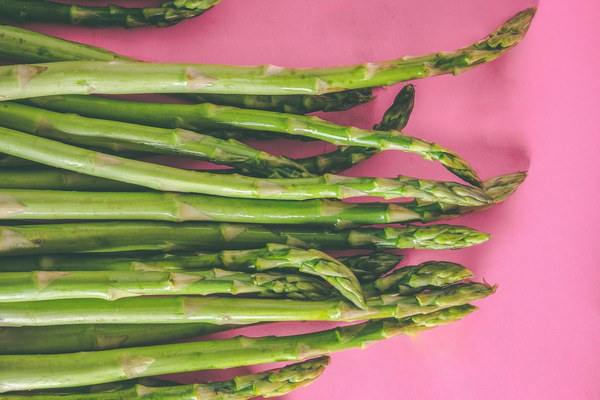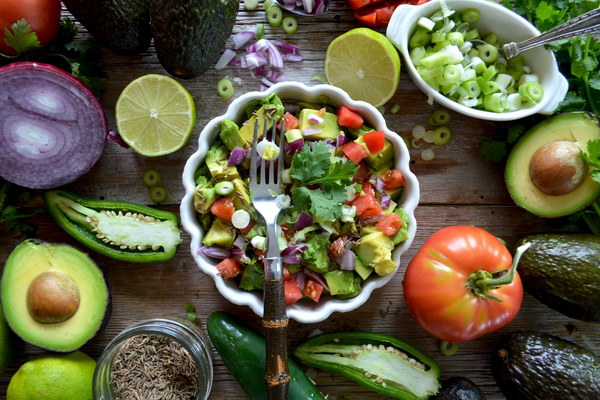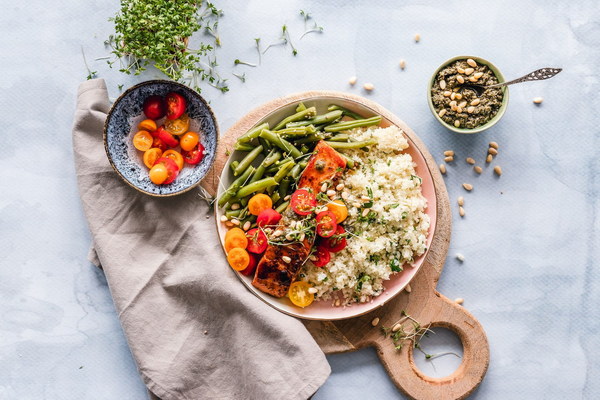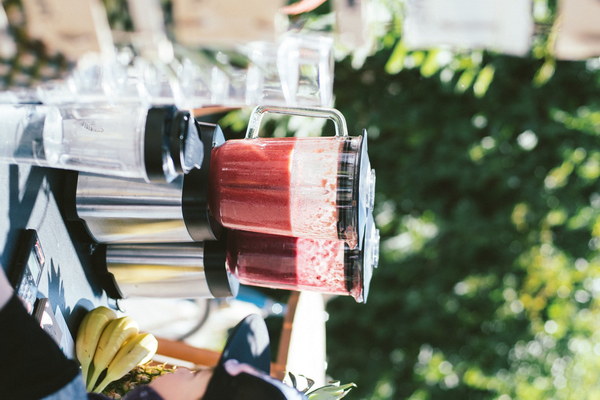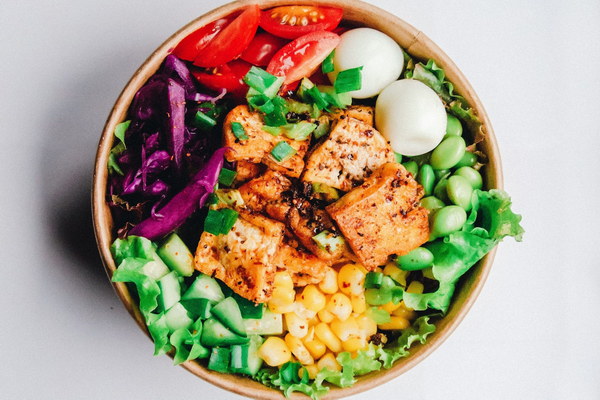Pregnancy Cramping How to Nurture Your Body for a Healthy Pregnancy
Navigating the early stages of pregnancy can be both exciting and daunting. One common concern for many expectant mothers is experiencing cramping in the abdomen. While some cramping is normal and a part of the body's adjustment to pregnancy, it's important to understand how to care for yourself to ensure a healthy and comfortable pregnancy. Here's a guide on how to nurture your body when you're dealing with pregnancy cramping.
Understanding Pregnancy Cramping
Pregnancy cramping, often referred to as braxton Hicks contractions, is a common occurrence in the first trimester. These are irregular and usually painless tightenings of the uterus that help to prepare the body for labor. However, if the cramping is severe or persistent, it could indicate a more serious condition.
Symptoms of Normal Pregnancy Cramping
- Mild to moderate discomfort
- Painless or slightly painful tightenings
- Occurs sporadically and irregularly
- Often felt in the lower abdomen, but can radiate to the back and thighs
When to Seek Medical Attention
If you experience any of the following symptoms along with cramping, it's important to consult your healthcare provider:
- Severe pain
- Cramping that is constant and does not stop
- Cramping that is accompanied by bleeding or spotting
- Cramping that is accompanied by fever, dizziness, or nausea
- Cramping that is severe enough to interfere with daily activities
Tips for Nurturing Your Body During Pregnancy Cramping
1. Rest and Relaxation: Adequate rest is crucial. Try to lie down and put your feet up to reduce the strain on your lower back and legs. Gentle, relaxing movements such as walking or prenatal yoga can also help.
2. Stay Hydrated: Drink plenty of water throughout the day. This can help to prevent dehydration, which can exacerbate cramping.

3. Warm Compress: Applying a warm compress to your lower abdomen can help to alleviate cramping. A warm bath can also be soothing.
4. Heat Pack: A heat pack placed on your lower abdomen can help to relax the muscles and reduce pain.
5. Diet: A balanced diet rich in fiber and calcium can help to prevent constipation, which can contribute to cramping. Include foods like leafy greens, dairy products, and fortified cereals in your diet.
6. Prenatal Vitamins: Ensure you're taking your prenatal vitamins as prescribed by your healthcare provider. These supplements can help to support your body during pregnancy.
7. Moderate Exercise: Regular, moderate exercise can help to relieve stress and improve blood circulation, which can in turn help to alleviate cramping. Consult with your healthcare provider to determine the best exercise routine for you.
8. Mindfulness and Breathing: Techniques such as deep breathing, meditation, or visualization can help to reduce stress and anxiety, which may contribute to cramping.
9. Avoid Straining: Try to avoid activities that involve heavy lifting or straining, as these can exacerbate cramping.
10. Consult Your Healthcare Provider: If you're unsure about the cause of your cramping or if it's causing you significant discomfort, always consult your healthcare provider for advice and reassurance.
Final Thoughts
Pregnancy cramping can be a source of concern, but with proper care and attention, you can manage these symptoms and continue to nurture your body for a healthy pregnancy. Remember, every pregnancy is unique, and what works for one woman may not work for another. Stay in communication with your healthcare provider, and trust in your body's ability to bring new life into the world.

